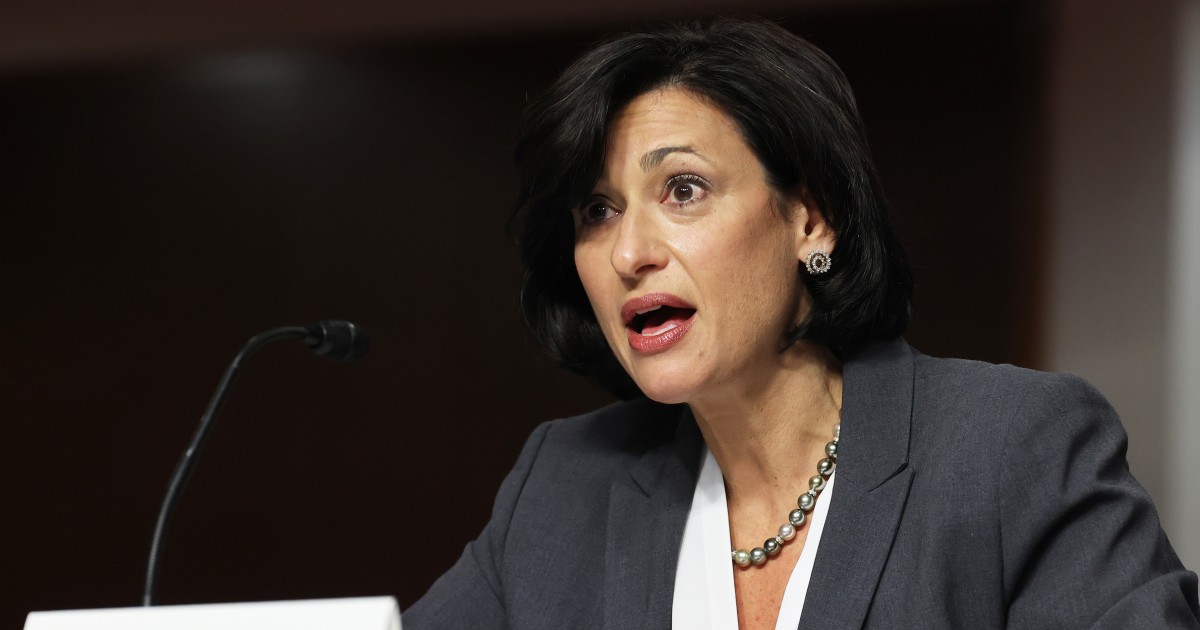
The head of the Centers for Disease Control and Prevention provided more clarity on who should — or perhaps should not — consider getting a second Covid-19 booster vaccine, saying that a recent infection may in fact act as a “natural boost” in immunity.
People who have had the two-dose mRNA vaccine series plus one booster don’t need a second booster if they recently were infected with the omicron variant of the coronavirus, CDC Director Dr. Rochelle Walensky told NBC News.
Full coverage of the Covid-19 pandemic
“If you’ve had omicron disease in the last two or three months, that really did boost your immune system quite well,” Walensky said, adding that these individuals could wait another two to four months before their second booster.
In the CDC director’s first national interview since federal regulators cleared the way last week for adults 50 and older to get a second booster dose of either Moderna or Pfizer-BioNtech vaccine, Walensky said that there are no known safety issues for those eligible for a second booster to get one now, even if they may need another shot this fall.
The Pfizer and Moderna mRNA vaccines are remarkably protective against serious illness, but it’s increasingly clear they lose effectiveness against infection after a few months.
The decision about the second booster was especially intended for people ages 65 and up or ages 50 and up with chronic health conditions who had received their first booster dose at least four months ago. The CDC also said that all adults who received two doses of the Johnson & Johnson vaccine should also get an mRNA booster.
“What we’re starting to see is many people who’ve gotten that third shot, four or five, six months after it, and we do know that you may very well have waning of protection,” Walensky said. “But we also know that for the people who have had waning, the people who are most susceptible to severe disease, are our older populations and those with underlying comorbidities.”
Still, there has been doubt among some vaccine experts on whether healthy adults 50 and older need a fourth dose. Some are left wondering whether they should get the fourth shot now, as cases nationwide seem to be smoldering at a low threshold — or wait until fall, in case a new, more virulent variant takes over at which point they may need the extra protection.
For them, Walensky said it’s “a personal judgement call.”
“I know many, many healthy 50-year-olds, 55-year-olds, who are going out to go get one,” she said.
Others, Walensky said, would prefer to wait until autumn for the next vaccine. “Both of those are very reasonable.”
Getting the fourth shot now would not preclude a person from getting a possible fifth shot in the fall, she said, adding that there are no known side effects to getting multiple boosters.
“If you’re prone to go ahead and get a vaccine, there’s very little downside to doing so right now — especially those at high risk of severe disease,” she said. “If you get a shot now, that very well may mean you still need another shot in the fall.”
An advisory committee to the Food and Drug Administration is scheduled to meet Wednesday to discuss the future of Covid-19 booster shots.
Walensky, 52, said she planned on getting her second Covid booster shot “in about a week or so.”
Covid cases rising in some areas
All current Covid cases in the country are omicron, with the more contagious subvariant, BA.2, now accounting for 72.2 percent of cases.
In the Northeast, BA.2 is even higher, at 84 percent. The increasing prevalence of the subvariant has given an urgency to boosters, Walensky said.
“We haven’t seen that BA.2 causes an increase in severity of disease, but we have seen it be slightly more transmissible.”
For all the attention on the fourth dose, millions of eligible Americans haven’t bothered to get their third. According to CDC data, the percentage of those eligible for the first booster has been stuck at around 47 percent.
Follow NBC HEALTH on Twitter & Facebook.

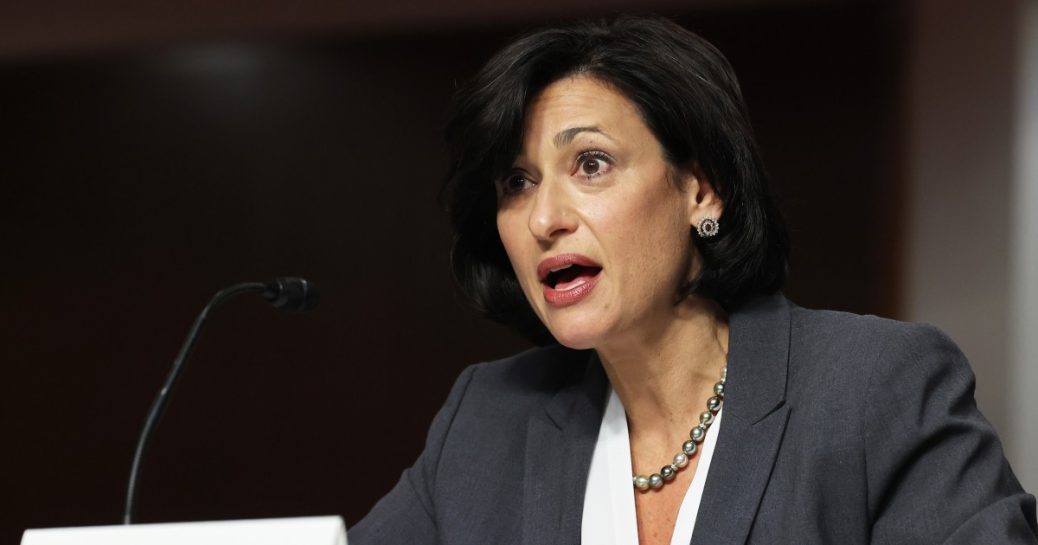
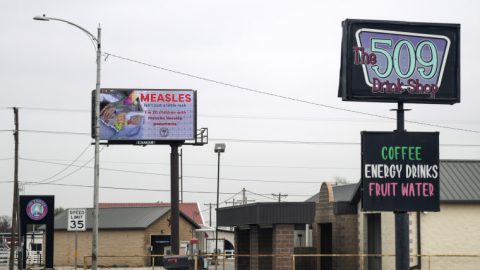

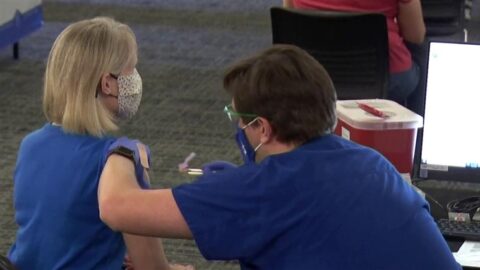
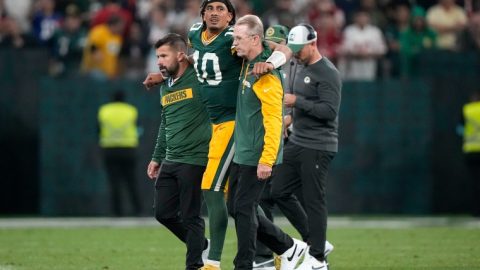
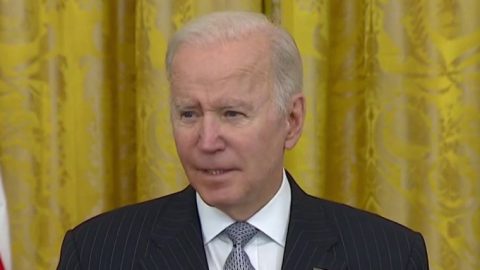

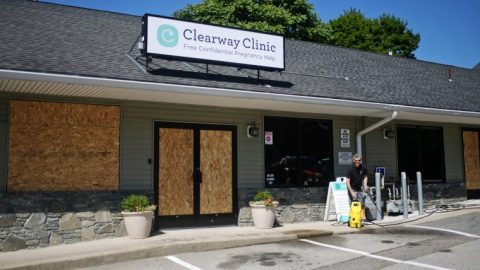
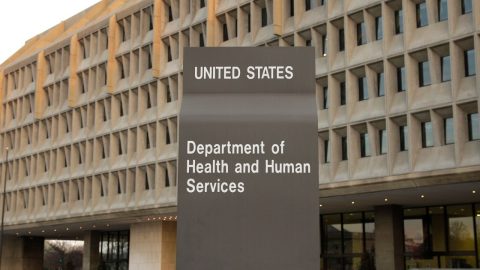
Recent Comments